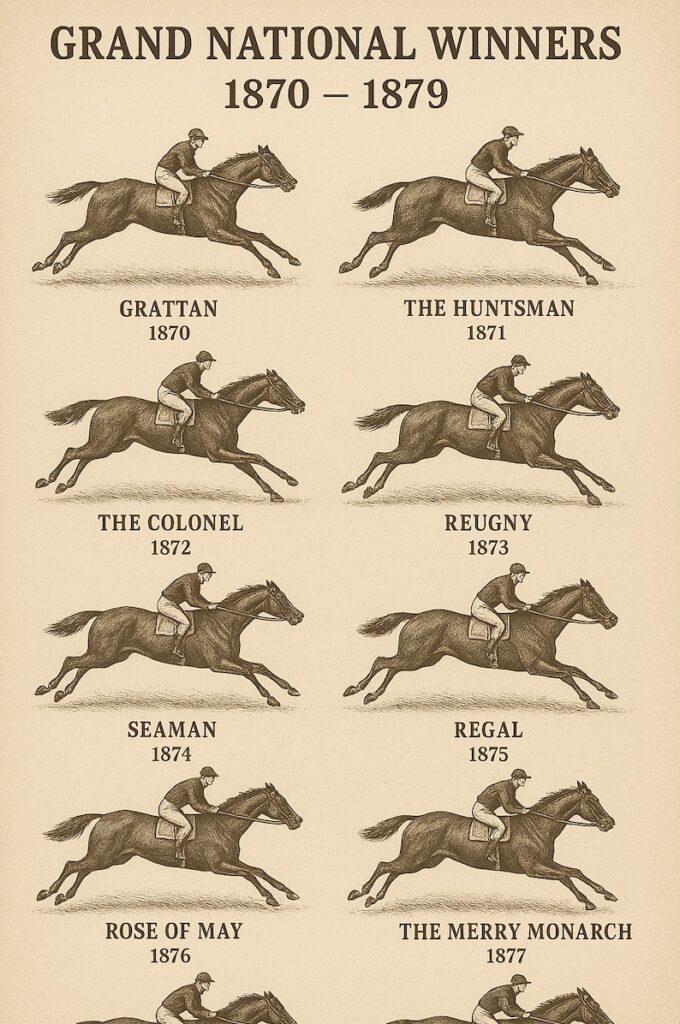
A time of major political, social and industrial change. The Education Act 1870 saw the first steps towards compulsory elementary education for all children. The introduction of secret ballot boxes in 1872 would reduce voter intimidation and corruption in elections. The Licensing Act 1872 tightened regulations on the sale and consumption of alcohol. Gladstone was in power for the Liberal Government until 1874.
Disraeli would hold out until the end of the decade for the Conservative Party (1874 -1880). For the most part the emphasis was social reform. The Factory Act 1874 limited working hours for women and children. Local authorities were forced to improve sanitisation and clear slums. The Education Act 1876 made school attendance compulsory up to the age of 10. It is worth remembering that before 1870, children started work as young and 5-6 years old, especially from poor families. Their jobs included: factory work, mining, agriculture, street sellers and chimney sweeps. Life expectancy for a man was just 40 years.
The British Empire proved strong leading industry, although competition from the US and Germany emerged. Britain secured Cyprus to increase its influence in the Mediterranean, while the Zulu War (1879) and the Second Anglo-Afghan War (1878 – 1880) raged. Railways expanded further, trade unions strengthened and urbanization continued. Rising literacy rates saw increased popularity in newspapers and mass political engagement. Charles Dickens’ work and Thomas Hardy’s Far From the Madding Crowd (1874) were must reads. Within the world of science and technology, Darwin’s Theory of Evolution sparked debate with the publication of The Descent of Man (1871).
The FA Cup founded in 1871 and The Grand National were major sporting events.
A decade of Grand National winners saw a mixed bag of results.
1870: The Colonel started where he had left off in 1869, winning the 32nd renewal for a second time by a neck from The Doctor. R.Roberts would train National winners in consecutive years but never again. However, Jockey George Stevens won this steeplechase 5 times (1856 – 1870). He is famous for having the most wins in the Grand National. He died in 1871 when fracturing his skull in a fall after his horse stumbled while riding home to his cottage on Cleeve Hill. He was just 38 years old.
Let’s take look at this decade of Grand National Winners:
1870 – The Colonel 7/2f
1871 – The Lamb 11/2
1872 – Casse Tete 20/1
1873 – Disturbance 20/1
1874 – Reugny 5/1f
1875 – Pathfinder 100/6
1876 – Regal 25/1
1877 – Austerlitz 15/1
1878 – Shifnal 7/1
1879 – The Liberator 5/1
1873: Disturbance beat a 28-strong field to win the 35th renewal by six lengths for trainer-rider Mr. J. M. Richardson in the ownership of James Octavius Machell who was a highly successful gambler. He was also a good judge of a horse and trained eleven English Classic winners. He owned two other Grand National winners: Reugny (1874) and Regal (1876).
The victory of Disturbance was somewhat novel with the news that a finishing time wasn’t taken as the watch stopped!
Machell, the son of a reverend, joined the army in 1857 and was involved in the suppression of the Indian Mutiny. Returning home, he was quartered at the Curragh, Ireland. During the next six years, he participated in horse racing. By 1862, he was one of the leading owners in Ireland. He was promoted to Captain. However, army life conflicted with horse racing so he resigned his commission and trained at stables in Kennett near Newmarket, Suffolk. In 1864, he landed a major gambling coup when Bacchus, a horse he trained in Ireland, which gave him funds to purchase Bedford Cottage Stables in Newmarket.
Never one to miss out on a good wager, Machell defeated a local running champion in a 100 yard sprint.
He was known for manipulating betting markets much to the dismay of John Richardson the jockey and trainer of both National winners Disturbance (1873) and Reugny (1874). He said he had been so ‘disgusted with the sordid nature’ of Machell’s behaviour that he withdrew from public riding after the latter Grand National.
Machell was said to be obsessed with horses and racing to the point he would spend a great part of his time making imaginary handicaps.
Other points to note include Chris Green who trained the 1871 winner The Lamb. He was also a talented jockey who rode two Aintree Grand National victories on Abd-El-Kadar (1850) and Half Caste (1859).
The Liberator concluded this period winning in 1879 at odds of 5/1. The ten-year-old Irish gelding won by ten lengths, ridden by rider-owner Mr Garret Moore, trained by J. Moore.